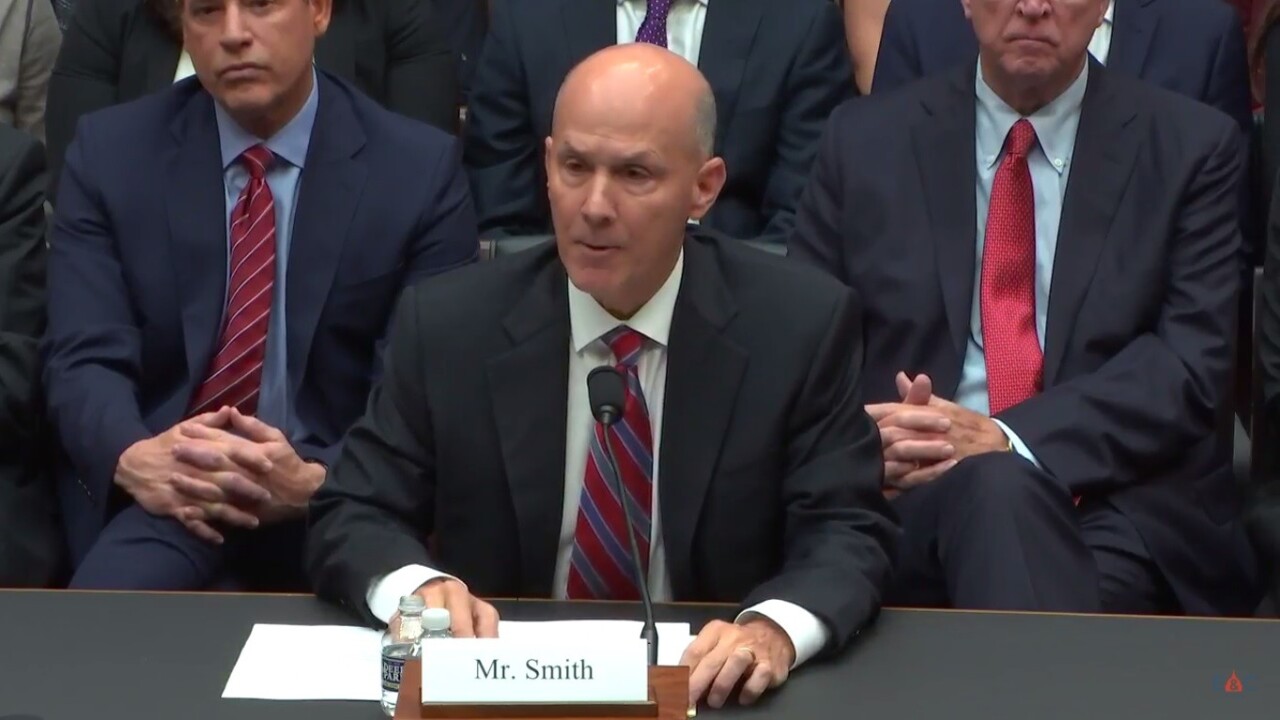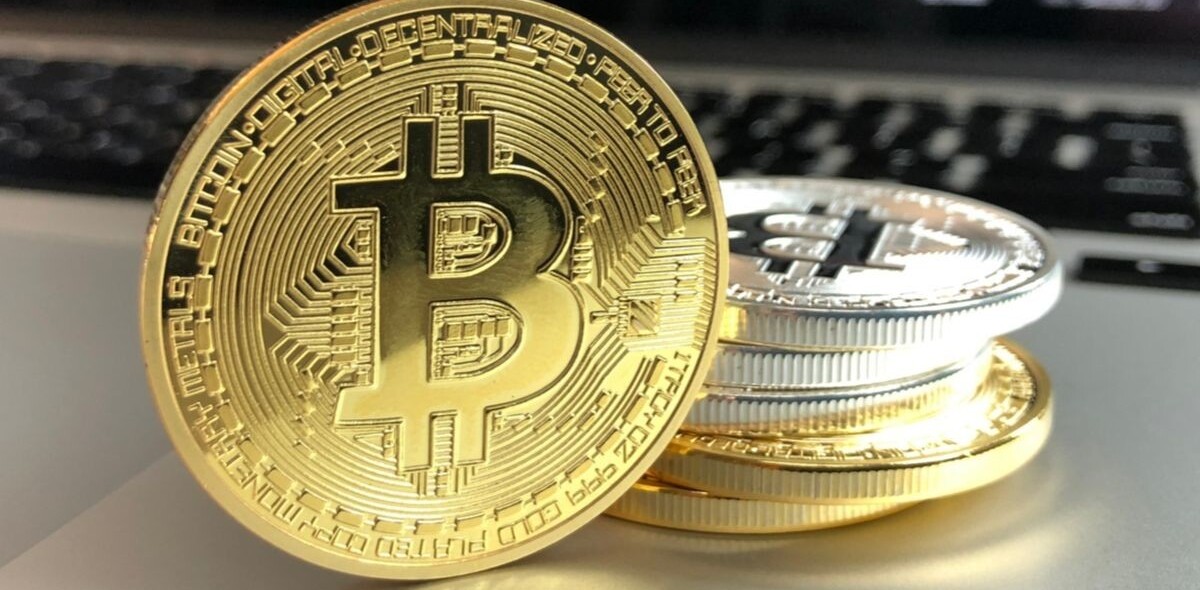
Equifax today admitted that an additional 2.5 million people may be affected by an August data breach. This is in addition to the 143 million people already known to be exposed. Meanwhile the company’s former CEO Richard Smith is in the Capitol testifying before congress live on YouTube.
Representative Greg Walden, addressing Smith, said:
Today we expect answers. After all, the buck does stop with you as CEO.
Hopefully some of those answers will shed some light on how Smith ended up with what TNW originally reported to be a $15 million golden-parachute, but in actuality will turn out to be closer to $90 million.
It’s shameful that he’s still entitled to his full salary (which was over a million annually) despite the fact that his leadership was clearly a liability to everyone whose data is now exposed. The rest of his millions will come from cashing out stock over the next few years.
Congress wanted to make it clear that Smith’s apology and the new CEO’s sympathetic plan for the future weren’t adequate. The suggestion that a one-year “life lock” was in any way sufficient to help victims is repulsive.
Representative Frank Pallone, ranking member of the House Energy and Commerce committee, said:
Equifax’s response to this breach has been unacceptable. So to has Equifax’s lax attitude when it comes to protecting consumer’s data. It’s been four weeks since the breach was made public and at least ten since it was discovered by Equifax’s employees, yet Equifax’s customer service has been confusing and unhelpful. Equifax even tweeted a link to fake website.
In the wake of the breach Equifax has, evidently, done nothing to work with other companies in addressing the potential for identity fraud. For it’s own system they offer a one year life-lock on data, which is the weakest form of protection they could implement. A full freeze would help, but only if the other credit reporting sites also adopted the freeze, which would require Equifax to be completely transparent with other companies.
In essence Equifax has done nothing for consumers in the wake of the breach because any steps it might take to protect us would likely result in further financial losses for the company.
Rep. Pallone goes on to state:
If Equifax wants to stay in business it’s entire corporate culture needs to change to one that values security and transparency.
In his opening statement the former CEO continued his apology tour by stating he was “truly and deeply sorry for what happened.”
His apology and four quarters will get you a dollar in the US, but don’t spend it all just yet – you’ll need to hang on to your pocket change in case your identity gets stolen.
Get the TNW newsletter
Get the most important tech news in your inbox each week.




